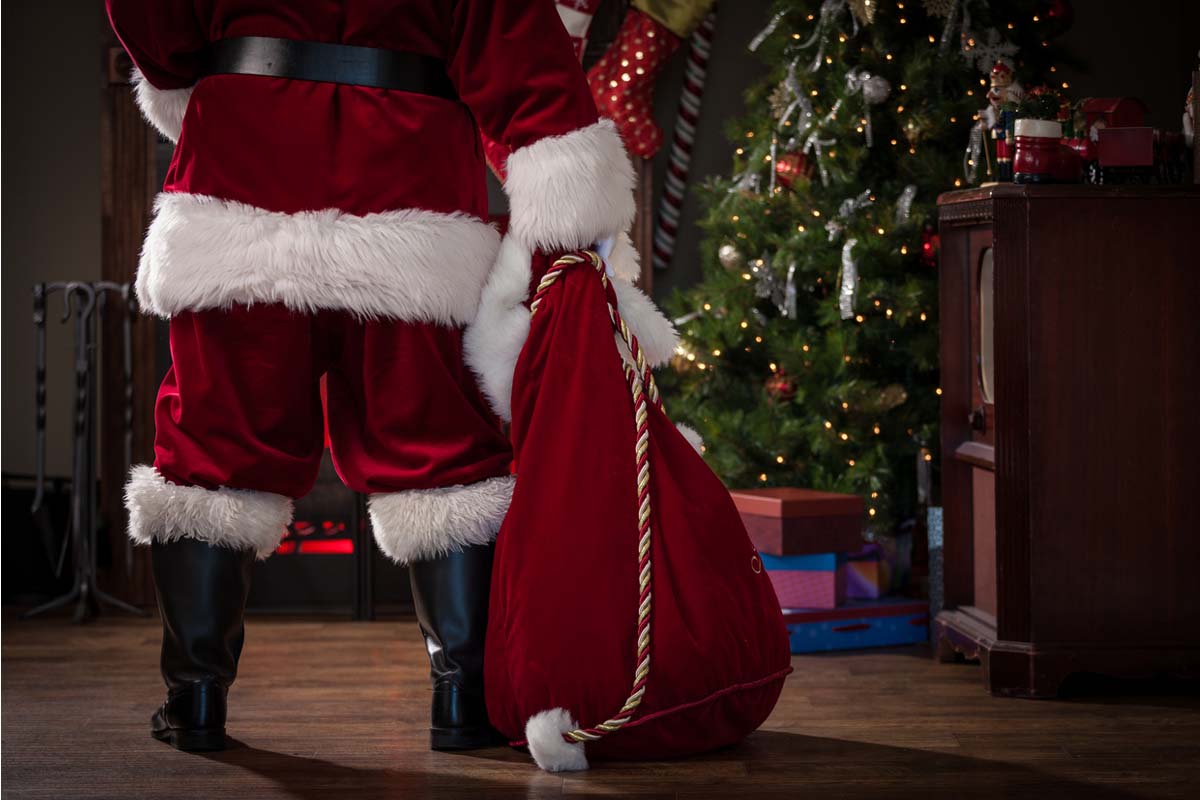The merriest festival of the winter season is around the corner, as Christmas is approaching, let’s throw some light on the details of the festivals. From its roots to its ritual, here’s all you need to know about Christmas. Christians all over the world commemorate Christmas to mark the birth of Jesus Christ, whom they believe to be the Son of God.
The reason for Christmas is to commemorate the birth of Jesus Christ, who Christians consider to be the Son of God. However, other reports have conflicting opinions on this. “The Bible doesn’t explicitly specify December 25 as the day of Jesus’ birth; instead, it is quiet on the day or season when Mary is claimed to have given birth to him in Bethlehem. Early Christians didn’t honour his birth, “a Washington Post report claimed.
Advertisement
In light of this, we should now discuss some of the key aspects that explain how and why December 25 is observed as Jesus’ birthday.
Anthropologist James George Frazer addressed the origins of Christmas being held on December 25 in his book The Golden Bough. However, there are a lot of arguments that refute Frazer’s theory.
Many theories discuss the day on which Jesus was born, much like the Christmas holiday celebrations do. Between 6 and 4 BC is thought to have been Jesus’ birth period.
Christmas: History
Christmas is a yearly celebration with tremendous religious and cultural importance. Christmas derives from the phrase “Mass of Christ.”
Christmas was first celebrated on record in 336, during the reign of Constantine, the first Christian Roman emperor and the Roman emperor at the time.
The most common story around Christmas observation was when Mary, the mother of Jesus, was told that she will be having a special child from the Lord. Mother Mary allegedly received this prophecy on March 25, and nine months later, on December 25, Jesus was born. This could be one of the explanations for why December 25 is celebrated as Jesus’ birthday.
After this prophecy, Jesus was born in Bethlehem in a manger. There is no confirmation that he was born on December 25 because the Gregorian calendar, which is the basis for modern Christmas celebrations, did not exist at the time.
Christmas: Significance
For people who practise their faith in Christianity, Christmas is a sacred day. They do a mass service and remember Jesus Christ and his sacrifices on this day.
Christians recall how Jesus was crucified and how he subsequently came back to life during mass.
Many people think that today represents the reality of spiritual life. They contend that before the birth of Jesus, there was a great deal of hatred, greed, and hypocrisy in the world, but that Jesus’ birth destroyed all of these evils and brought about world peace.
Following the birth of Jesus, the world underwent a shift, in which Christians rejoice. They consider it crucial to remember Jesus’ final sacrifice on the cross since he came to save all of humanity from their misery. Without mentioning Santa Claus, no conversation about Christmas is complete. Children are often seen waiting for the mythical character known as Santa Claus to ride up on a sleigh and drop their presents. Santa Claus is closely associated with Christmas. As of today, this custom is still practised, and Secret Santa is still played in a number of locations.
Christmas: Tradition
Christmas is connected to a number of traditions. The most prominent of these activities is baking cookies, decorating Christmas trees, and participating in holiday parades. Christmas traditions vary from region to region.
The usage of the colours red, gold, and green is another significant factor of Christmas. The festival’s colours are represented by these hues. Red represents the blood of Christ, gold represents one of the gifts from the Three Kings, and the green represents eternal life.
Christmas celebrations also include carol singing. Although carols are sung all year long, there are several of them that are only performed at this time of year.
We have always seen Christmas being celebrated with a beautifully adorned tree, whether in movies or books. This tree, which is typically a fir tree, has been utilised since ancient times when Romans used it to decorate their temples for the festival of Saturnalia.
Evergreen foliage is yet another crucial aspect of Christmas celebrations. The foliage was used at Roman and ancient pagan celebrations. Some see it as the triumph of light over darkness. Christmas stockings are those lovely socks that have gained popularity through television and film. The function of stockings is explained beautifully in a charming story. According to legend, St. Nicholas reportedly helped a needy family by tossing gold coins down their chimney. The stockings were drying next to the fireplace when the money fell inside of them. The idea of stockings originated at this point.











